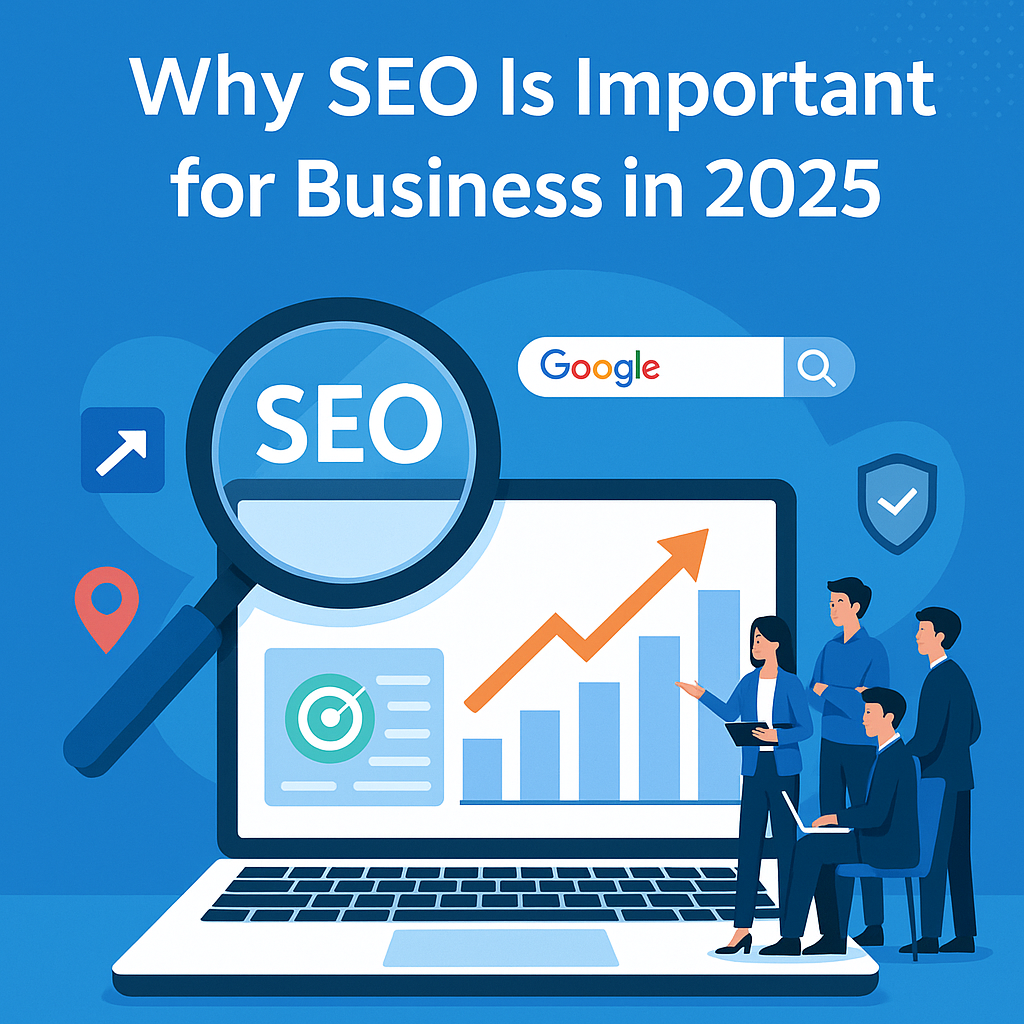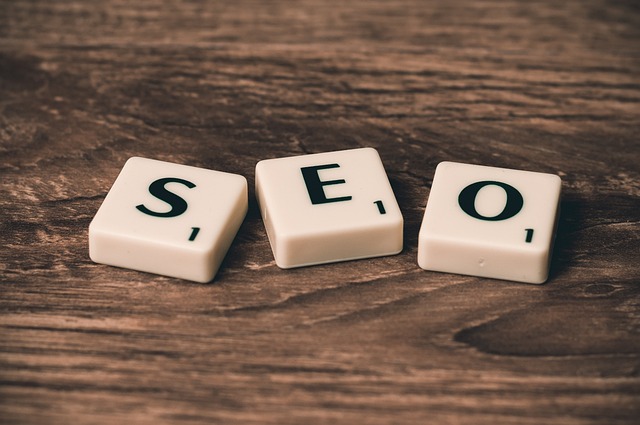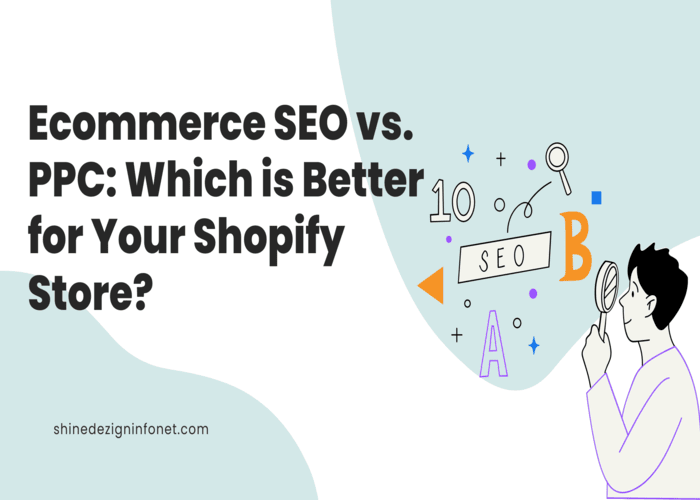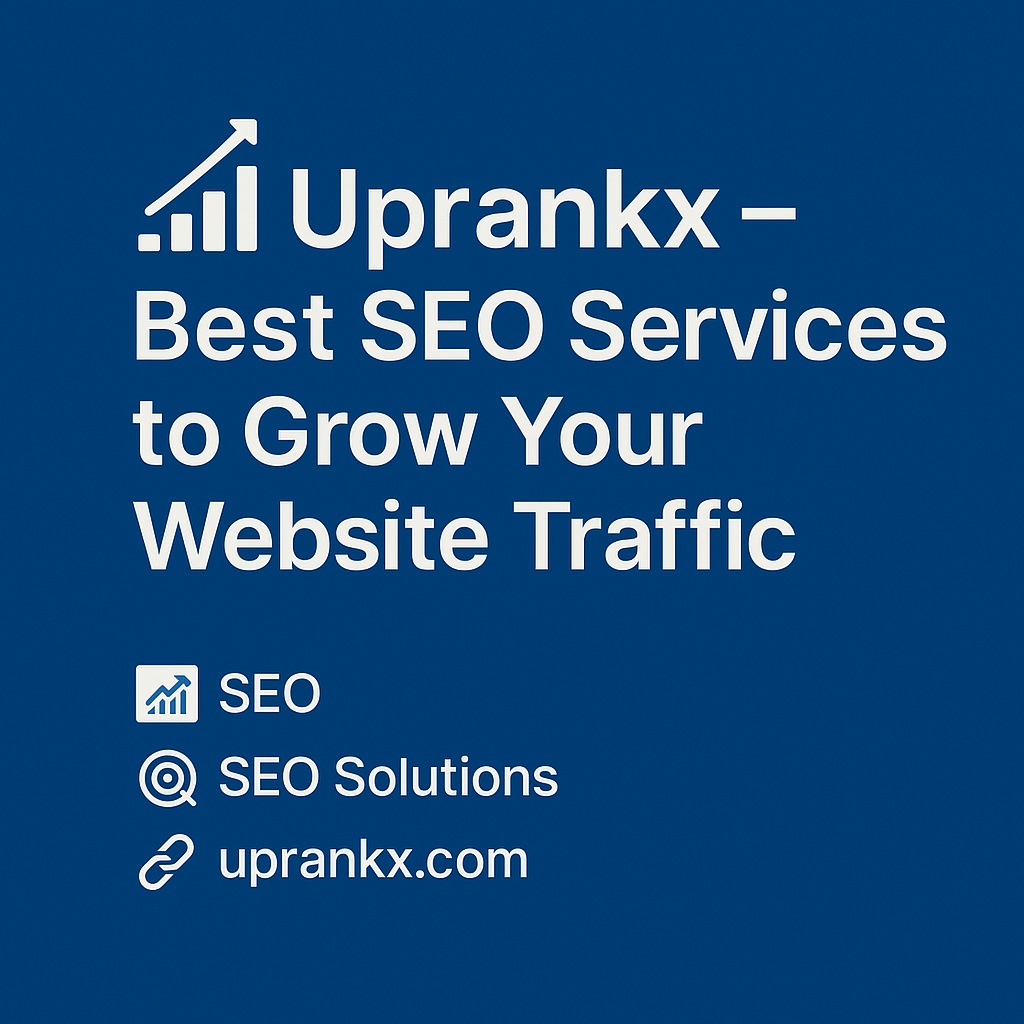15 Reasons Why SEO Is Important for Your Business

Strong 8k brings an ultra-HD IPTV experience to your living room and your pocket.
Search engines now play a central role in how people find and choose businesses. In fact, nearly 70% of online experiences start with a search, and over 90% of users never go past the first page. That means if your business isn’t showing up when people are searching, you’re missing out on serious opportunities.
Unlike paid ads, SEO keeps bringing traffic without extra spend. It builds trust, improves your website experience, and helps you reach customers who are actively looking for what you offer. Whether you run a small business or manage a large brand, SEO is no longer optional—it’s a long-term strategy that impacts everything from traffic and leads to brand reputation and ROI.
This article breaks down 15 clear, real-world benefits of SEO and why businesses today rely on it to stay visible, competitive, and profitable.
1. Drives Consistent, High-Intent Website Traffic
SEO brings in people who are already searching for your product, service, or solution—without needing to push ads in front of them.
When someone types a search like “best accounting software for startups” or “buy jute bags wholesale,” they already have a clear goal. If your website shows up at that moment, you're not interrupting them—you’re helping them.
That’s the biggest value of SEO. A digital marketing agency can help make sure it matches your business with real demand. Unlike ads that stop when your budget ends, well-ranked SEO pages keep pulling traffic every day. According to BrightEdge, SEO drives over 53% of all website traffic, more than paid and social combined.
And since this traffic is intent-based, it usually converts better. People trust what they search for—especially when they find you on their own terms.
2. Builds Long-Term Brand Visibility
Ranking high in search helps more people see your business, more often, in places they already trust.
When your website shows up for important keywords again and again, people start to remember your name. That repeated visibility builds brand awareness without needing extra budget. Even if they don’t click the first time, your presence sticks.
Think about it: when you Google something and see a brand listed in the top results multiple times, it naturally feels more reliable. That’s what SEO does—it quietly positions your brand where it matters.
And the higher you rank, the bigger your slice of attention. The first five organic results get nearly 68% of all clicks, according to Backlinko. That’s a lot of potential customers seeing your name before they even scroll.
3. Increases Trust and Organic Credibility
People trust search engines. And when they see your website ranking high, that trust transfers to your business—even if they’ve never heard of you before.
Appearing at the top of search results says you’re relevant and reliable. Not just to people, but to Google too. And in today’s online world, that reputation matters.
But it’s not just about showing up—it’s about how your site performs. Fast loading speed, mobile-friendly design, clean structure, and clear content all build trust. These are also ranking factors. So, the better your website feels, the more likely people (and search engines) are to believe in it.
A recent study by Edelman found that 64% of customers choose brands they consider trustworthy. SEO plays a direct role in helping you become one of them.
4. Reduces Customer Acquisition Cost (CAC)
Organic traffic cuts down on how much you need to spend to get new customers over time.Running ads can be effective, but the costs add up fast. And once the budget runs dry, the traffic stops. SEO works differently. Once your pages rank, they keep working in the background—without paying for every click.
According to HubSpot, leads from SEO cost 61% less than those from outbound methods like cold calling or paid media. That’s because you’re not chasing people—they’re finding you.
It might take a few months to build up momentum, but the long-term return is much stronger. For businesses looking to scale without burning cash, SEO offers one of the best cost-to-result ratios out there.
5. Optimizes the Entire Buying Journey
SEO helps you show up at every step of the customer decision process—from awareness to action.
People don’t usually go from “I need a solution” to “I’m buying this” in one step. They start with questions. Then they compare. Then they decide. If your site has content that supports each stage, you’re more likely to guide them all the way.
Let’s say someone searches “how to reduce packaging waste.” If your blog answers that well, they trust you. Then later, they look up “eco-friendly packaging suppliers” and you show up again. That continuity is what moves them closer to buying from you.
Search behavior mirrors real decision-making. And SEO lets you meet customers wherever they are—whether they’re learning, exploring, or ready to convert.
6. Improves User Experience and Site Performance
Good SEO makes your website easier to use, faster to load, and better organized—all of which improve how visitors feel when they land on your site.
When people click on your page, they don’t just care about the answer. They care about how quickly they get it, how easy it is to read, and whether it works on their phone. These things are part of what Google now considers in its ranking system.
Core Web Vitals, a part of Google’s algorithm, measures things like loading speed, visual stability, and interactivity. Sites that perform well on these metrics tend to rank higher. But more importantly, they’re easier to use—which keeps people on your site longer and reduces bounce rates.
According to Google’s data, 53% of users will leave a mobile site that takes more than 3 seconds to load. So even if your content is great, a slow or clunky site can drive visitors away. SEO helps prevent that by aligning performance with both user expectations and ranking signals.
7. Boosts Local Search Visibility
For businesses that rely on nearby customers, local SEO makes you visible in your own area when people search for products or services around them.
If someone types “best digital agency near me” or “jute bag supplier in Dhaka,” they’re not looking to browse—they’re ready to take action. Local SEO helps your business show up in those searches, especially in Google Maps and the local pack.
This includes optimizing your Google Business Profile, getting reviews, and making sure your name, address, and phone number are consistent everywhere online. These small steps have a big impact on local rankings.
A study by Safari Digital shows that 78% of local mobile searches result in an offline purchase. That means if you’re visible when people search nearby, you’re way more likely to get that sale or lead before a competitor does.
8. Strengthens Overall Content Strategy
SEO gives your content a clear direction, helping you create useful, targeted material that actually brings results—rather than just writing for the sake of it.
When you use SEO to guide your content, you’re not guessing what people want. You’re looking at data—search volume, keyword intent, trends—and building content that solves real problems or answers real questions.
That’s what makes SEO-driven content so valuable. It works both ways: it helps users by providing what they need, and it helps your site rank higher because it’s relevant, helpful, and focused.
Companies that blog with a content strategy driven by SEO are 13 times more likely to see a positive ROI, according to HubSpot. That’s because they’re not just creating—they’re targeting. And that targeting helps every page support your broader business goals.
9. Increases Leads and Conversions
SEO doesn’t just bring traffic. It brings the right kind of traffic—people who are already looking for what you offer and are more likely to take action.
When someone finds your site through a search they initiated, they’re already in a decision-making mindset. They’re not just browsing—they're looking for answers, solutions, or providers. That’s why organic traffic tends to convert at a higher rate.
Search Engine Journal found that SEO leads have a 14.6% close rate, compared to just 1.7% from outbound methods like cold email or print ads. That’s a huge difference.
And the best part? You can tailor SEO pages to capture those leads—whether through contact forms, CTAs, product demos, or lead magnets—so once visitors land on your site, they know exactly what to do next.
10. Supports Cross-Channel Marketing Efforts
SEO makes all your other digital marketing channels work better—by giving them more visibility, more data, and more long-term support.
Let’s say you run a social media campaign or publish an email newsletter. If your website is already optimized for search, the content you’re promoting has a better chance of ranking too. That increases its shelf life and brings extra traffic beyond the campaign itself.
Also, SEO data—like keyword performance, top-performing pages, and user behavior—can guide your strategies across paid ads, social media, or even offline campaigns. You’ll know what terms people are using, what they’re clicking, and what content holds their interest.
In short, SEO doesn’t just help with search—it lifts the overall performance of your marketing ecosystem by connecting everything to what your audience is already looking for.
11. Helps You Understand Your Audience Better
SEO gives you real data on what your audience is searching for, helping you understand their needs, questions, and behaviors.
When you research keywords, track search trends, and analyze which pages bring traffic, you start to see clear patterns. You can find out what problems people are trying to solve, what language they use, and even how they compare different products.
This insight is more than just useful for SEO. It helps shape product development, customer support, sales messaging, and even your brand voice. Tools like Google Search Console, Ahrefs, or SEMrush show exactly what queries people used to find your site, how often they clicked, and what content they engaged with most.
Instead of guessing what your customers want, SEO gives you the real terms and phrases they use—straight from their own search behavior.
12. Gives a Competitive Edge Against Paid-Only Strategies
Many businesses rely heavily on paid ads. SEO gives you a way to compete—and even outperform them—without spending a fortune every month.
Paid ads have their place, but they come with limits. Once the campaign ends or the budget runs out, the traffic disappears. SEO builds digital equity. Pages that rank well continue to bring in visitors long after they’re published.
Also, users are becoming more aware of ads. Studies show that 70% of users prefer clicking organic results over paid ones. So even if competitors are spending more, you can still win trust and clicks by earning your way to the top.
In competitive industries, blending SEO with strong content and technical optimization gives you staying power. It’s not about outspending—it's about outsmarting.
13. Improves PR and Brand Mentions
A strong SEO strategy often leads to more media coverage, backlinks, and brand mentions that amplify your public visibility.
When you publish high-quality content that ranks well, journalists, bloggers, and industry experts are more likely to find and reference it. This can result in organic PR—mentions in articles, citations in roundups, or inclusion in industry reports.
These mentions don’t just drive referral traffic. They also boost your site’s authority in the eyes of search engines. Google sees these backlinks as votes of confidence, which helps improve your rankings even more.
Moz found that websites with strong link profiles see up to 30% better ranking performance, especially in competitive search spaces. SEO and PR now work hand in hand to grow digital presence.
14. Makes Your Business Discoverable on Voice and AI Search
SEO now helps your business appear in newer search formats—like voice assistants and AI-powered search results.
More people are using tools like Siri, Alexa, and Google Assistant to ask questions. These voice searches tend to be longer and more conversational, and the answers often come from featured snippets or well-optimized pages.
By structuring your content clearly, answering specific questions, and using natural language, you improve your chances of being the “spoken” result. As voice search continues to grow, this becomes an advantage that traditional marketing doesn’t offer.
According to PwC, 71% of users prefer to use voice search over typing when possible. And with AI search becoming more common, having clean, structured, and helpful content becomes even more important.
15. Offers Measurable and Scalable ROI
Unlike many forms of marketing, SEO gives you clear data to measure performance—and it scales as your business grows.
You can track nearly everything: rankings, traffic, bounce rate, click-throughs, conversions, and more. Tools like Google Analytics and Search Console make it easy to see what’s working and where to improve.
And once you have a strong foundation, growth doesn’t require equal input. A page that ranks well today can bring value for months, even years. That’s why SEO is one of the few channels that gets more efficient over time.
BrightEdge research shows that SEO drives 1000%+ more traffic than organic social media, and it consistently ranks as the top ROI-generating channel for B2B companies. It’s not just about visibility—it’s about measurable business value.
Final Thoughts: The Real Business Value of SEO
SEO is more than a traffic tool—it’s a long-term growth engine that builds trust, supports every stage of the customer journey, and helps businesses compete smarter.
In a world where nearly every buying journey starts with a search, ignoring SEO means leaving opportunity on the table. It improves how people find you, how they experience your brand, and how likely they are to choose you over someone else.
It doesn’t offer instant results, but it builds something more valuable—consistent visibility, qualified leads, and a sustainable digital presence.
Whether you're a startup or a large company, investing in SEO means investing in the long-term health and growth of your business.
Note: IndiBlogHub features both user-submitted and editorial content. We do not verify third-party contributions. Read our Disclaimer and Privacy Policyfor details.







